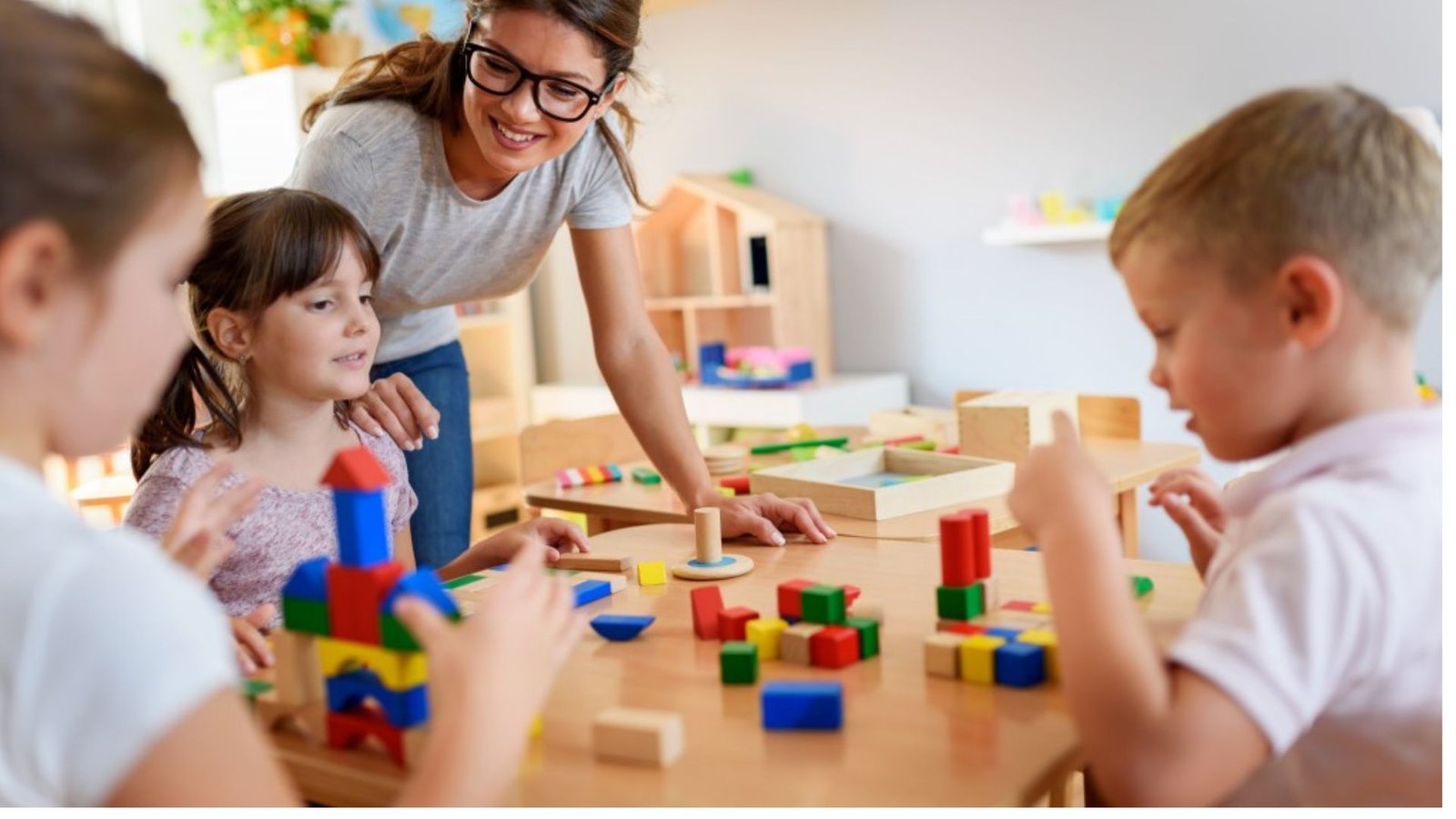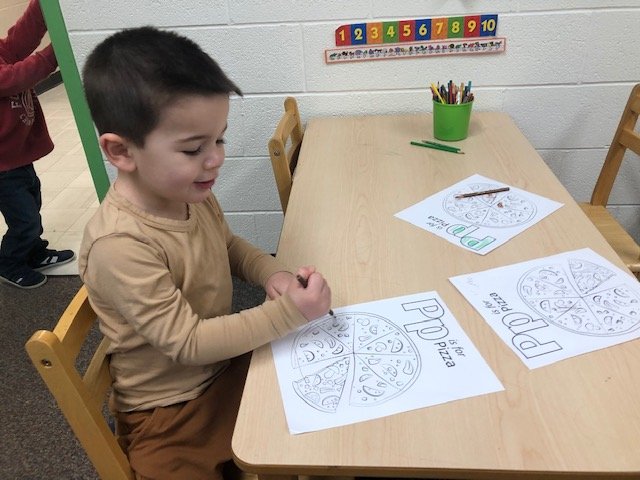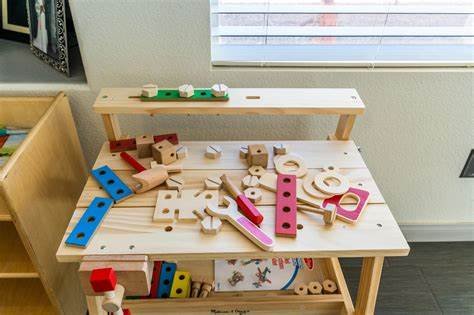Preschool plays a crucial role in the early stages of a child’s life, particularly when it comes to developing essential language skills. The first few years are critical for speech and language development, and preschool offers a nurturing environment where children can enhance their ability to communicate. By interacting with peers and teachers, participating in various activities, and being exposed to new vocabulary, preschoolers lay the foundation for strong speech development. Here’s a closer look at how preschool can support and boost speech development.

Increased Social Interaction
One of the most significant ways preschool contributes to speech development is through increased social interaction. At home, children often interact with a limited number of people, but in preschool, they have the opportunity to communicate with a diverse group of peers and teachers. This exposure to different people and social situations helps children learn how to use language appropriately in various contexts, from playing with friends to engaging in classroom activities.
When children engage in conversation with their peers, they practice taking turns in dialogue, improving their listening skills, and refining their pronunciation. These interactions also help them understand how to express their needs, ideas, and emotions, which are crucial components of effective communication.
Exposure to New Vocabulary
Preschool is an environment rich in language. Teachers often introduce children to new vocabulary words through storytelling, songs, and daily activities. By hearing new words in context and repeating them, children gradually expand their vocabulary. This increased word bank allows them to better express themselves and communicate more effectively with others.
Additionally, teachers often encourage the use of descriptive language, which helps children understand how to add detail to their speech. For example, instead of simply saying “big,” a teacher might encourage a child to say “huge” or “gigantic,” expanding their ability to describe objects and experiences.
Structured Language Activities
Preschools often implement structured language activities that are specifically designed to promote speech development. These activities include storytelling, singing songs, playing rhyming games, and engaging in dramatic play. Through these structured exercises, children can practice their pronunciation, sentence structure, and overall communication skills in a fun and supportive setting.
For instance, during storytime, children are encouraged to recall and retell stories, helping them learn how to organize their thoughts and express them coherently. Teachers may also introduce songs with repetitive phrases, which enhances memory and pronunciation. By repeating words and sentences in these activities, children gain confidence in using language in various contexts.
Encouragement of Active Listening
Good communication skills aren’t just about speaking—they also require active listening. Listening is an essential component of speech development because it allows children to understand language structure, rhythm, and pronunciation.
Preschool activities such as group discussions, circle time, and listening games encourage children to pay attention to what others are saying. Active listening helps them process and absorb new language, which, in turn, improves their own speech and comprehension skills.
Support for Speech Milestones
Preschool teachers are trained to recognize the typical stages of speech development and can provide targeted support if a child is struggling to meet specific milestones. For example, if a child is having difficulty with pronunciation, teachers can offer activities that target specific sounds or work with the child individually or in small groups to provide additional support.
Early intervention is crucial when addressing speech delays or issues, and preschools are often a great place for identifying concerns early on. Teachers may collaborate with speech-language pathologists if they notice any signs of speech delays, ensuring children receive the support they need to catch up.
Boosting Confidence in Communication
Preschool fosters an environment where children feel safe to express themselves without fear of judgment. This supportive atmosphere is essential for building a child’s confidence in their ability to speak. When children feel encouraged to talk and share their ideas, they are more likely to practice their speech skills and take risks with new words and sentences.
Through group activities and interactive play, children can gain the confidence to express their thoughts, ask questions, and even stand up in front of others to speak. The more children practice, the more comfortable they become with using language, which builds their overall speech development.
Conclusion
Preschool plays an integral role in a child’s speech development. From enhancing vocabulary and pronunciation to boosting confidence and social communication skills, preschool offers a wealth of opportunities for children to develop their language abilities. By providing a supportive environment with structured activities, teachers can help children reach important speech milestones and set the stage for future academic success. The early years are critical for language development, and preschool offers a nurturing environment for children to practice, learn, and grow.










